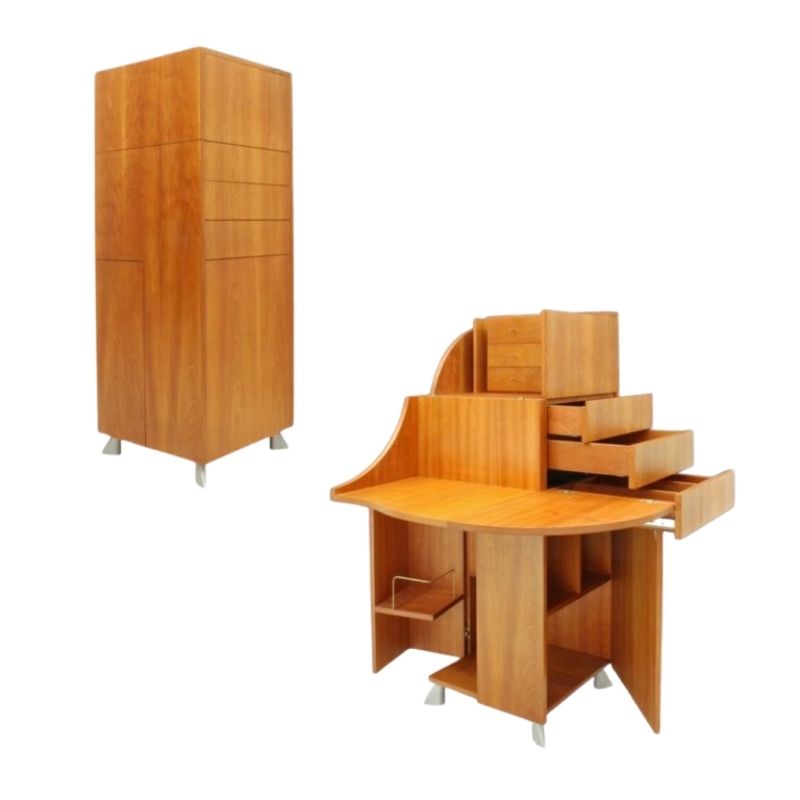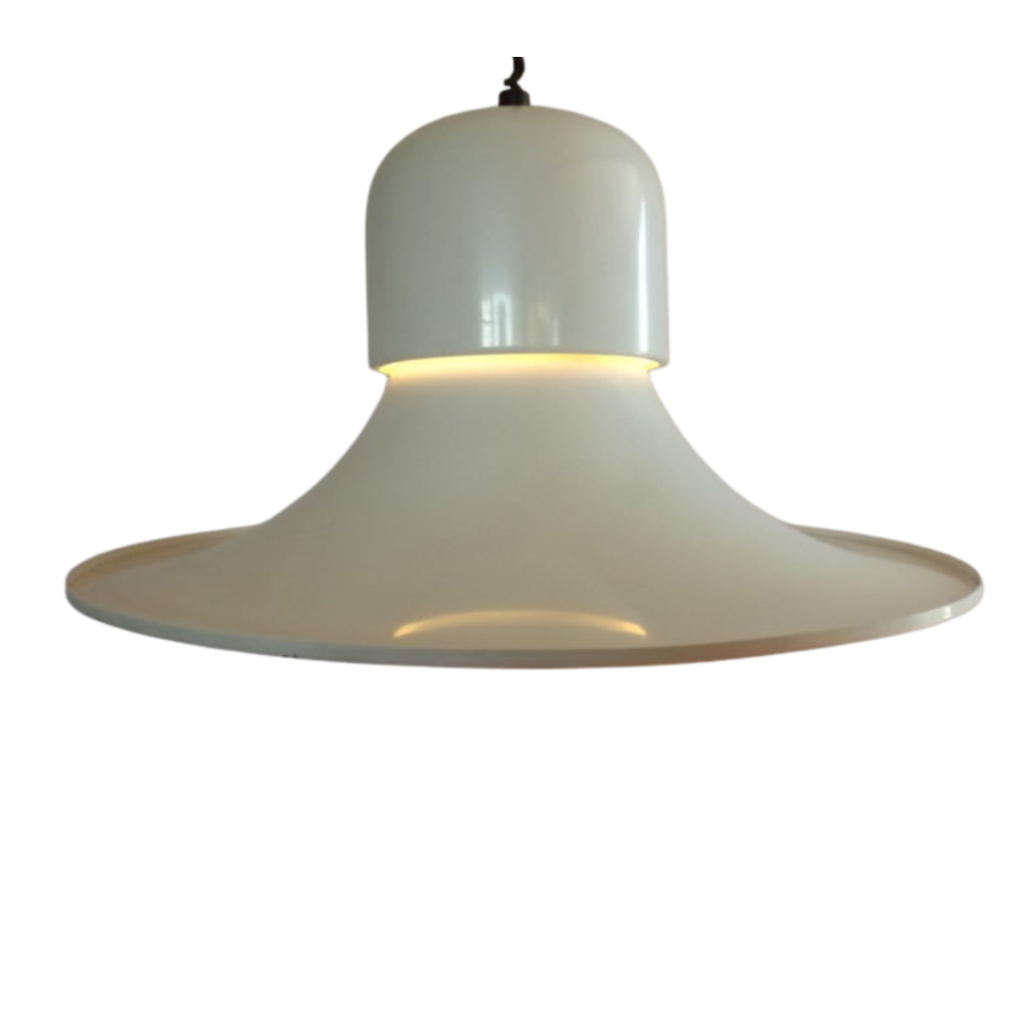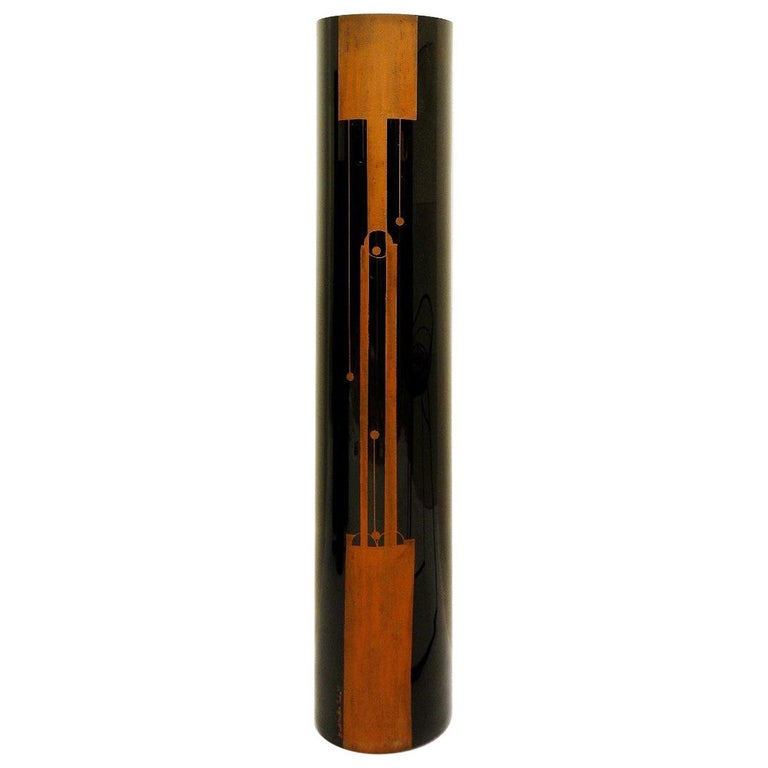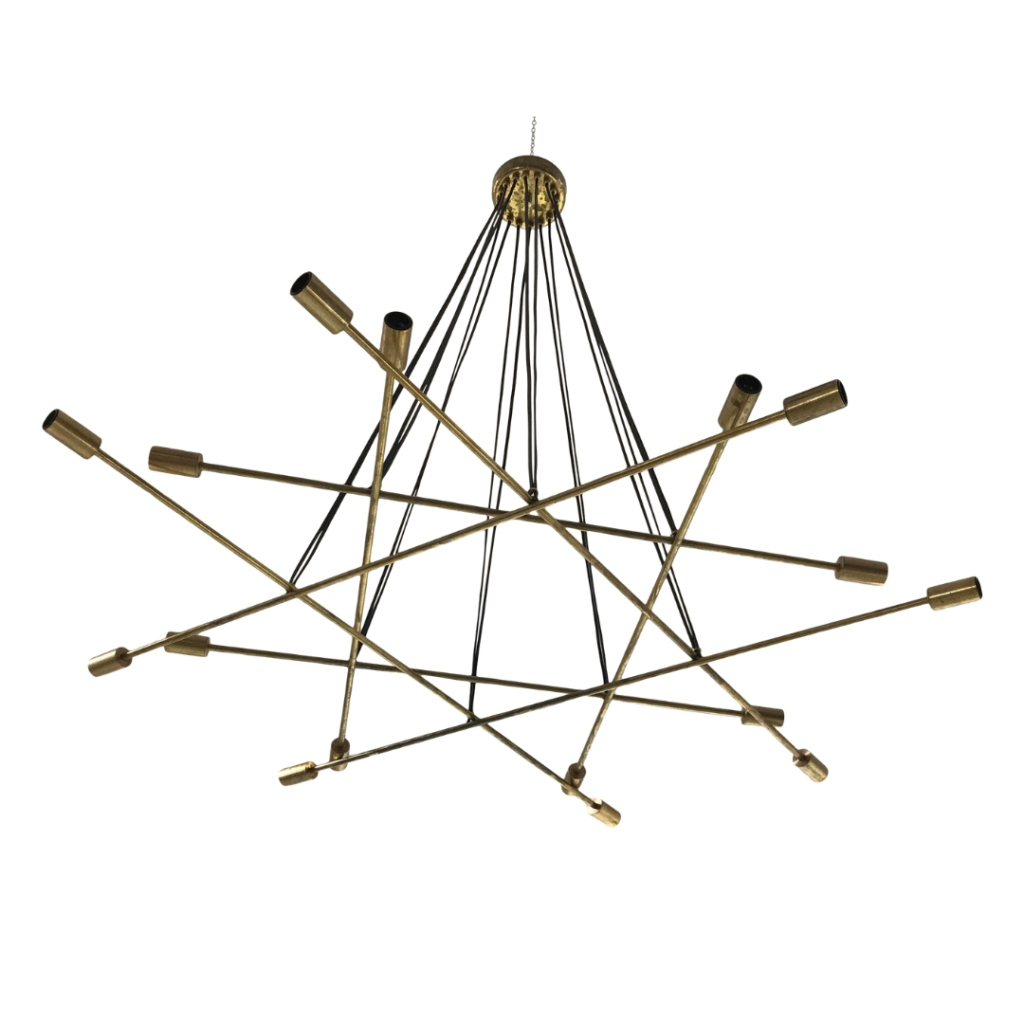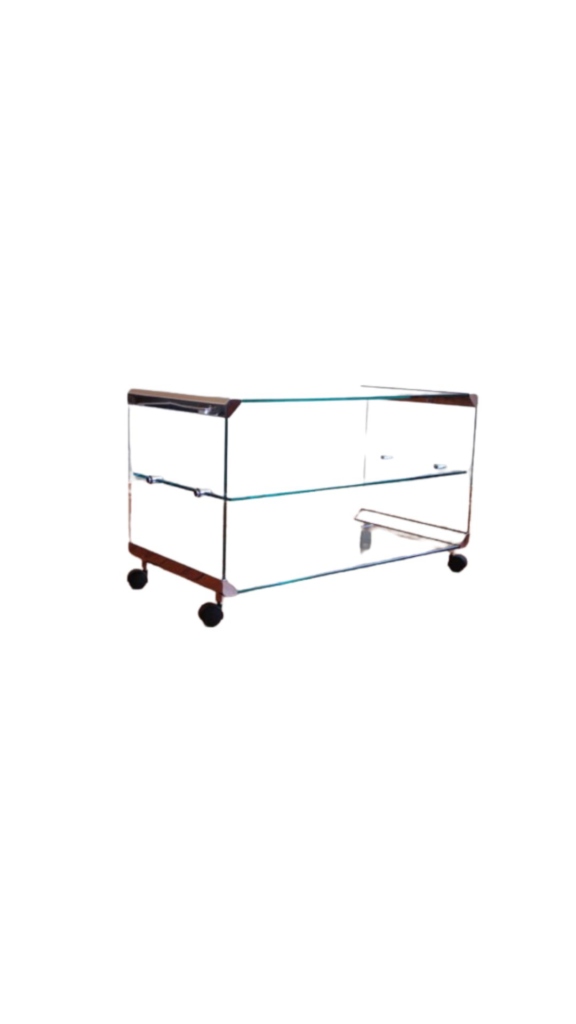I think LRF is being...
I think LRF is being sarcastic. Love the sarcasm around this place with people who know it all. My posts don't even get responded to most of the time.
Rockbird, yes you can convert them, but keep the old parts when you change it out so that you can put them back in if you ever decide to sell them. As long as you're able to change it back out, I don't see why it would hurt for your personal preference. However, if you were to change it, and resell them with batteries, yes the value would go down. Good luck 🙂
I agree...
many non-working electric clocks get changed to battery without losing any value to the clock. An exception to this is if the battery motor doesn't fit the clock hands properly...and there WERE variations on the motor peg sizing!
If, however, the clock is a wind clock, changing it to a battery WOULD affect the value. I know; I have a rare model that was wound so tightly that the spring had broke and rusted, so it couldn't be repaired. I had a standard battery motor put in and now it has a small wind-up hole in the front of the clock for no reason.
Many people change their electric clocks to batteries because they dislike the cord, but I keep my electric clocks original. The cords don't bother me.
Batteries?
If you're talking about a ball or spike clock (less rare color combination especially), it doesn't impact value much to replace the works with batteries. That is principally because they are fairly prevalent [at least one or two on ebay at all times] and do not sell for much more than their contemporary Vitra reproductions, which already come with batteries. But if you're not getting a premium for a vintage model, and replacing the works reduces the value of a vintage model, why not just buy the Vitra or leave the vintage clock the way it is?
But when it comes to the rarer clocks, I think it would be foolhardy to replace the works. For instance, eye clocks with replaced works garner half as much as those in original condition at auction. Why? Most people who collect Nelson for historical significance would not want to see the clock modified and would never buy one.
I liken it to the situation where, on Antiques Roadshow, the furniture expert tells the person their piece is worth $x, but would be worth at least $2x if it hadn't been refinished.
For those who are collecting the clocks because of their historical value, the original works, backing, etc. are critical. Moreover, what is so bad about using the chronopack, having a wire showing, or simply removing the wire for display purposes?
By the way, for those who might still be reading after this diatribe, I'm going to see the Vitra-sponsored Nelson Exhibit in Spain this weekend. Has anyone been to the Fundacio Barrie or seen the exhibit there yet? I'm looking forward to seeing it.
I tend to agree, MidMod
I would never replace any Nelson clock motor unless it's broken and cannot be repaired.
I have clockis with original battery motors (taking a C battery), as well as replaced motors that take a AA battery. I have a couple of wind-ups and a number of electric clocks.
Of all of them, it seems like the electric motors keep the best time.
If any of you decide to replace any of the motors with a new battery motor, be certain that the vintage hands will fit correctly, and if you have a second hand, make sure it's the type of motor that the second hand either moves smoothly or ticks silently. Also, most of the new battery motors have a way to speed up or slow the motor....that's something you'd want.
Finally, make absolutely certain that the original motor box is retained....this is ESSENTIAL to have the clock sit properly on the wall.
My first repair jobs were a disaster because the repair guy threw away the olf motor box and not my vintage yellow Asterisk clock sits too close to the wall!
sorry folks, i have ...
sorry folks, i have changed 44 nelson clocks to batteries, and i like them. I always get a kick out of folks who worry about the value, enjoy enjoy enjoy!!! so whats the difference if you loose a few bucks, I have a half million dollars or more of furniture from the mid century and I re did every piece with new maharam, fabric.
The original tuganut chair did not need it but every other chair was mealy and ugly. do you think that dropped the value? Do you think it dropped the egg chair from $5500.00 to 1500.00? i don't think so.
so many times on this forum i see people worried about the value on a eames side shell. just not worth worrying about that stuff. life to short. and collecting is to much fun.
thanks
I appreciate reading the replies and differences of opinion. I think I will follow barry's and Midmod's advice. LRF, these clocks are a big investment for me. While I love them, I may not keep them forever. I may sell them or trade them for different models. I also will want to leave them to a niece or nephew, (if they appreciate them). So, to me, maintaining the value is an important question. Midmod, I wish I could attend the vitra attribute to GN. But, I am coming close...spending thanksgiving in Palm Springs shopping with my parents who are looking for a mid century house with a view. Some neat architecture out here!
big investment for any one...
big investment for any one !! but if you love something and you want to display them like I do, just like I would a paintings or graphics, the ugly cords are not feasible.
Now I to use good judgment. I have several very early GN clocks that i have left intact but sad to say they do run at all, so the cord is tied up and it looks nice on the wall but most have been changed to run. and that to me is the best!!!!
LRF...one thing I did do with my electric cords
was to replace a couple of the brown or yellowed cords with brand new white ones, as my walls are white. They almost disappear.
It makes sense for anyone to consider changing their electric cords to a color that matches exactly their wall color.
If you need any help, please contact us at – info@designaddict.com




